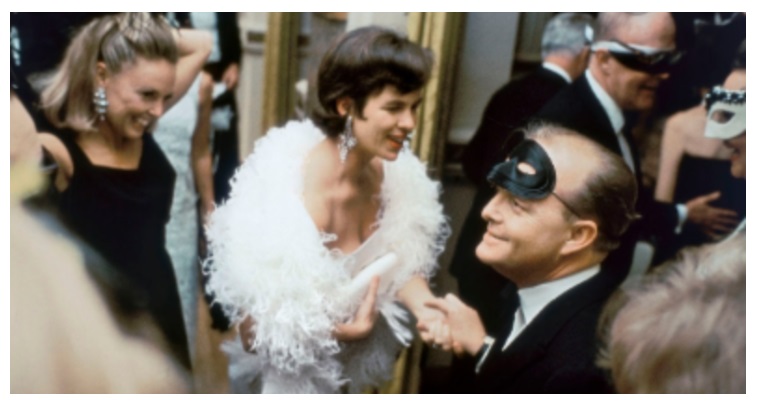The Capote Tapes (Burnough, 2019)
The right side of my brain says that The Capote Tapes is the kind of biographical tease that is common in academia. The auteur finds (or has access to) new source material, and that new source material becomes the justification for a new biography.
Rarely does the additional source material prompt the sort of critical reassessment that the fanfare around such works promise. For modern figures, there aren’t going to be too many hidden bombshells or unexplained gaps in biographical arcs that allow for or require critical reassessment.
In this case, the additional source materials are audiotapes of friends and colleagues, loosely (and somewhat ambiguously) tied to Capote’s unfinished final novel, Answered Prayers. While The Capote Tapes is not quite the documentary equivalent of opening up Al Capone’s vault only to find it empty, those looking for a big reveal are likely to be disappointed. The tapes are used sparingly, and when they are, the excerpts from them rarely add new insights into Capote’s life or legacy.
But the left side of my brain sort of shrugs at that argument. Capote is endlessly fascinating. I think In Cold Blood is on the Mount Rushmore of Great American Novels, and its author’s life was certainly complex and interesting enough to support numerous biographical portraits, whether they be in documentary form or are themselves creative non-fiction.
This one focuses a little more on the latter parts of Capote’s life, after his literary successes were complete. It is about Capote the celebrity rather than Capote the writer. Its perspective is that the author was a tragic mix of flamboyant and brittle. He inspired others by being openly gay, yet, if the film is to be believed, his nonchalance at the disgust and revulsion he thought he prompted in others was a mask. He was ruthless in his portraitures of friends and colleagues, yet lonely and needy, bereft of solace when the subjects of his unflattering depictions took umbrage. What did he think was going to happen?
More than any other modern celebrity (excepting perhaps Michael Jackson), he lived in that nebulous region between the childish and the child-like, combining empathy and compassion for the oppressed with a surprising vulnerability that seemingly both fueled and threatened to derail his genius. When Capote holds a masquerade ball with a published list of guests (so that nobody can claim to have been invited who was not) or dances the jitterbug on the floors of Studio 54, he writes the blueprint for those unapologetic towards the society that labels them freaks.
But when he appears on The Dick Cavett Show, clearly hungover and quite possibly stoned, we catch a glimpse of the deep reservoirs of pain behind the cackling giggles and impish grins. It feels pompous and condescending for a straight person to write about the sadness of a gay icon, but no description of Capote’s life that goes beyond the superficial can steer entirely clear of the self-loathing, self-destructive stereotype.
A film that spurs such reflections can hardly be bad, even if those reflections are informed as much by other biographies and other portraits as they are by the new material. If the documentary offers little new for those familiar with Capote, it nevertheless provides an easy-to-digest and admittedly nuanced portrait for those just arriving to the party.
The Capote Tapes opens theatrically in the United States on September 10, 2021, and will arrive on DVD in October.

